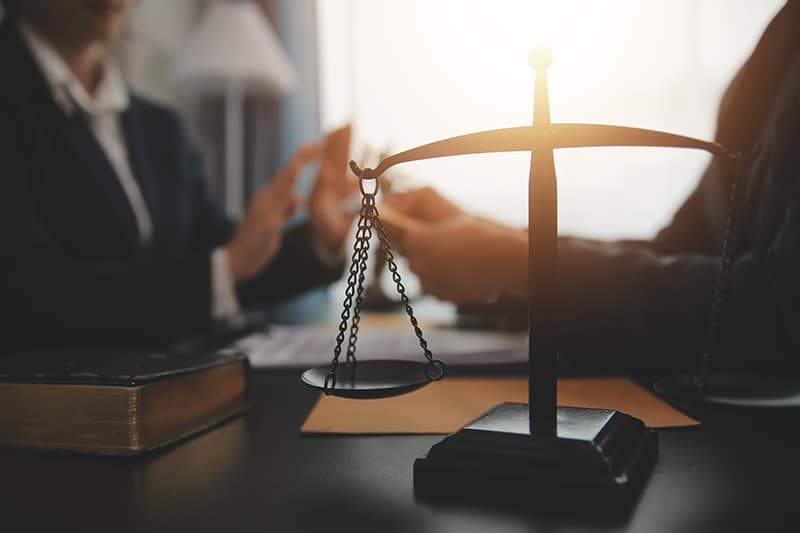In the legal world, the doctrine of litigation privilege serves as a cornerstone for ensuring the free and open exchange of information during judicial proceedings. Recognized by the Florida Supreme Court in 1907, litigation privilege grants absolute or qualified immunity to litigants, attorneys, and witnesses for statements made in connection with litigation—even if those statements would otherwise be considered defamatory or harmful.
Understanding Litigation Privilege in Florida
Unlike many legal protections that derive from statutes, litigation privilege in Florida has been shaped by over a century of case law. It was first recognized in Myers v. Hodges, 44 So. 357 (Fla. 1907), where the Florida Supreme Court emphasized that defamatory statements made in judicial proceedings should be protected from civil liability to promote the administration of justice.
Florida courts have since expanded litigation privilege to cover a broad range of allegedly tortious behavior, recognizing both absolute privilege and qualified privilege depending on the context of the statements.
Absolute Privilege: The Strongest Shield
Absolute litigation privilege provides the highest level of protection, ensuring that statements made during litigation—whether in pleadings, court documents, or oral arguments—cannot form the basis of a defamation lawsuit. This remains true even if the statements are false or made with malice, as long as they are relevant to the legal proceedings.
In Levin, Middlebrooks, Mabie, Thomas, Mayes & Mitchell, P.A. v. U.S. Fire Ins. Co., 639 So.2d 606 (Fla. 1994), the Florida Supreme Court reaffirmed that absolute privilege extends to all judicially connected communications to facilitate open dialogue in court. Similarly, in Ange v. State, 123 So. 916 (Fla. 1929), the court ruled that acts required by law as part of the judicial process are immune from liability.
However, absolute privilege has clear limitations. Courts have ruled that it applies only within formal judicial settings, such as:
• Statements made before a judge or during legal proceedings
• Content in pleadings, motions, and documents filed with the court
• Pre-litigation notices required by law (Stewart v. Sun Sentinel Co., 695 So. 2d 360 (Fla. 4th DCA 1997))
Notably, absolute privilege does not apply when an attorney steps outside the formal judicial process. In Delmonico v. Traynor, 116 So.3d 1205 (Fla. 2013), the Florida Supreme Court ruled that an attorney’s informal investigations and ex-parte witness questioning do not enjoy absolute protection but may qualify for a lesser privilege.
Moreover, statements made to the public or media are not protected under absolute privilege. For instance, in Ball v. D’Lites Enterprises, Inc., 65 So.3d 520 (Fla. 4th DCA 2011), a court found that comments about ongoing litigation made on a commercial website did not qualify for litigation privilege.
Qualified Privilege: Conditional Protection
When absolute privilege does not apply, a party may still claim qualified privilege—a more limited protection that applies when statements are not directly relevant to the litigation but are still made in good faith.
Under Florida law, qualified privilege only protects statements made without actual malice (Litman v. Mass. Mut. Life Ins. Co., 739 F.2d 1549, 1561 (11th Cir. 1984)). This ensures that individuals cannot misuse the legal process to spread false information for personal gain.
Courts evaluate qualified privilege on a case-by-case basis. For example:
• Pre-litigation settlement discussions can be protected, as long as they serve a legitimate dispute resolution purpose (Pledger v. Burnup & Sims, Inc., 432 So. 2d 1323 (Fla. 4th DCA 1983)).
• Statements made to law enforcement before formal charges may qualify for protection (Fridovich v. Fridovich, 598 So. 2d 65 (Fla. 1992)).
Limits on Litigation Privilege
Florida courts have also imposed specific restrictions on litigation privilege. In Fischer v. Debrincat, 169 So.3d 1204 (Fla. 4th DCA 2015), the court ruled that litigation privilege cannot bar a valid claim for malicious prosecution, as doing so would eliminate the tort itself.
More recently, in Spagnuolo v. Insurance Office of America, Inc., 356 So.3d 908 (Fla. 5th DCA 2023), the Fifth District Court of Appeal rejected both absolute and qualified privilege when a law firm used a 23-year-old mugshot of a party in an attempt to pressure him into a settlement. The court found the mugshot’s use to be irrelevant to the litigation, emphasizing that litigation privilege does not protect defamatory or harassing conduct simply because it occurs in the context of a lawsuit.
Conclusion
Litigation privilege remains a powerful tool in the legal system, fostering open communication in judicial proceedings while protecting participants from unwarranted lawsuits. However, its scope is not limitless, and courts continue to refine its application to prevent abuse.
For attorneys and litigants alike, understanding the nuances of litigation privilege is essential—whether asserting its protection or challenging its application in court.
If you still have concerns about which method of dispute resolution is best for your case, do not hesitate to contact one of our experienced business attorneys at EPGD Business Law, with an office in Miami, FL. Call us at (786) 837-6787 or email us to schedule a consultation.








